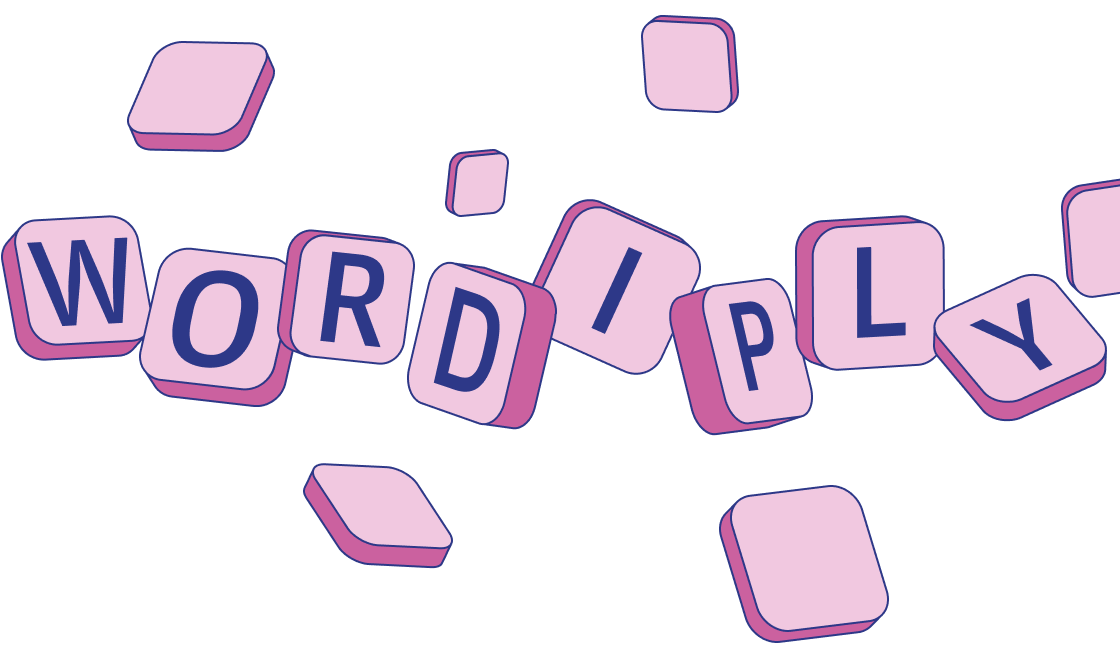Gaming
Games that spark our creativity and challenge our minds are more than just pastimes; they…
How To
Watching Cincinnati Bengals games is more than just following a sports team; it’s an experience…
The Dallas Cowboys are one of the most iconic teams in the NFL, known for…




 Nitro Bikes Highway Race: Feel the Thrill of the Open Road!
Nitro Bikes Highway Race: Feel the Thrill of the Open Road! 
 Dunk into Fun with Basket Random
Dunk into Fun with Basket Random






 Smash Your Way to Victory with-Table Tennis World Tour
Smash Your Way to Victory with-Table Tennis World Tour


